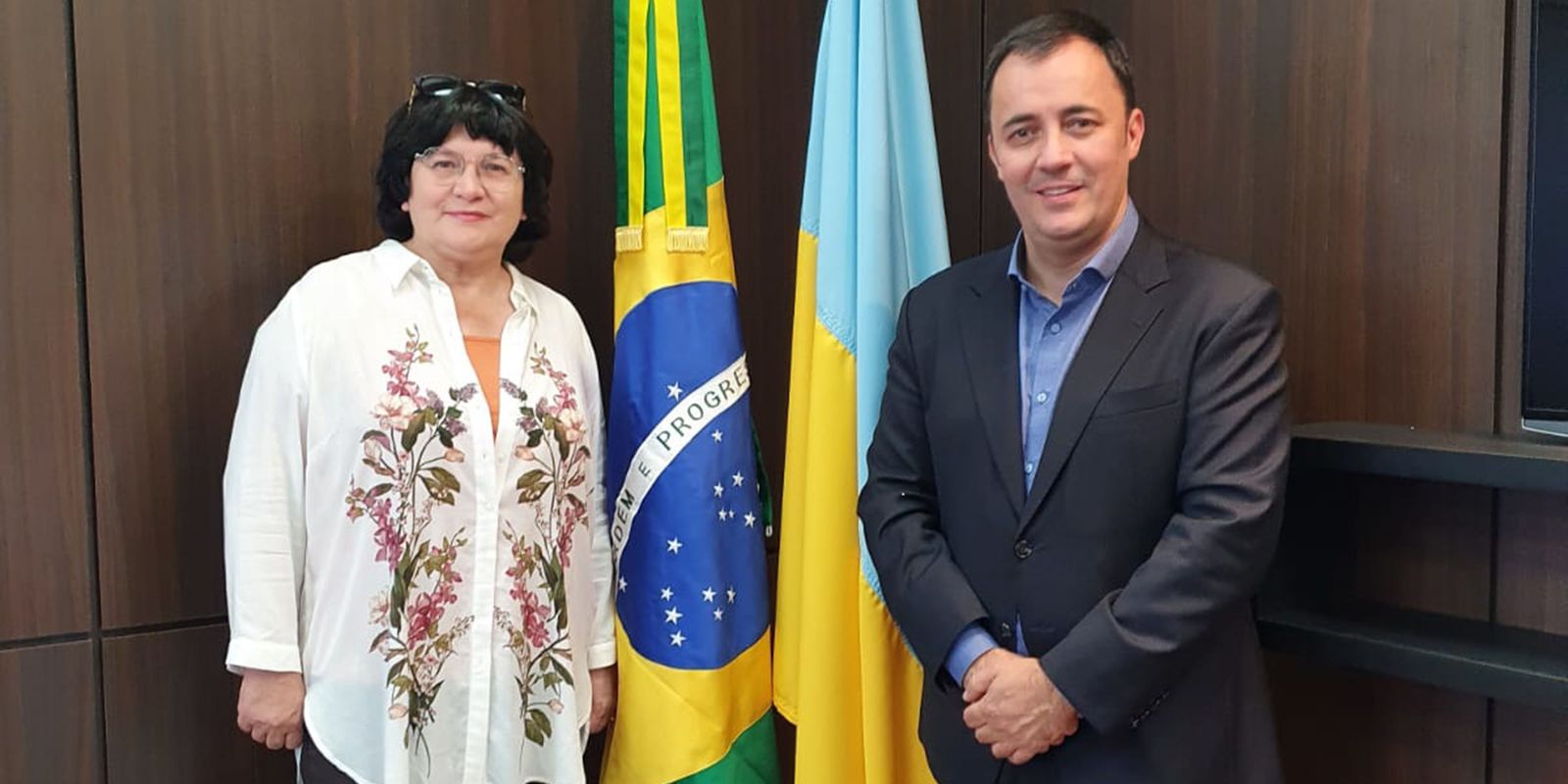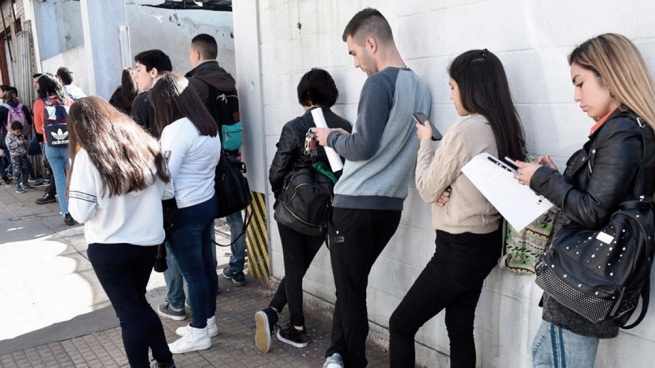Ukrainian researcher Zhanna Virna, a doctor in the field of education, is the first refugee scientist to arrive in Brazil, to work at the Pontifical Catholic University of Paraná (PUC-PR). The institution is one of the first to receive scientists from Ukraine, since the Russian invasion of the country, which started a war.
After the beginning of the armed conflict, Zhanna Virna went to Poland and, from there, enrolled in a humanitarian program of the Araucaria Foundation for Support to Scientific and Technological Development of the State of Paraná (FA), which brings Ukrainian researchers to work in Brazil. .
“The Araucaria Foundation had the idea of welcoming Ukrainian scientists, initially aimed at women, given the difficulties of male researchers being authorized to leave Ukraine. But authorizations have been granted to scientists, both women and men”, explains professor Nilceu Deitos, project manager at Fundação Araucária.
Selected by the program, educator Zhanna Virna is working on campus from Curitiba. Zhanna lived in Lutsk, in Northwest Ukraine, and came to Brazil with her sister, Inna Virna, who is an engineer and journalist.
The researcher, who takes Portuguese classes, said she was “amazed” with Brazil, with the climate and vegetation. Asked who she misses the most, Zhanna replied that she belongs to the family, especially the grandchildren who stayed there and said who intends to return to their country when the conflict ends.
internationalization
The scholarship for researchers lasts up to two years and the objective is to internationalize research in several areas of knowledge. “If they later want to stay in Paraná, we will act in the best possible way to welcome them, through a contest or something like that”, said the manager.
What motivated Fundação Araucária to create this program was the sociocultural characteristic of Paraná, which is one of the federative units that has the largest number of Ukrainian immigrants: “in this sense, this welcoming action has a relationship of respect for the history of the construction of the state of Paraná, considering the strong Ukrainian immigration presence”.
The foundation intends to create a permanent program to welcome refugee scientists from all countries to promote research integration and internationalization with these researchers. “If they stay in the state, they will be very welcome and, if they return, the academy will be able to create very interesting internationalization ties,” said Deitos.
“Science has no nationality. The more we can integrate other countries and scientists, the better for science in every way”, adds the foundation’s project manager.
Interest
The program plans to host up to 50 researchers. The Araucária Foundation has already received 20 expressions of interest that are in the process of being analyzed, to define which university the scientist will be referred to. Interested parties send a summary of the research they develop for the foundation’s analysis.
At the moment, there are already four researchers working in Paraná. In addition to Zhanna Virna, a specialist in school violence, three other scientists are at public universities in the state – State University of Londrina, Federal Technological University of Paraná and Federal Technological Institute of Paraná.
Of the 20 requests for shelter under evaluation, 13 are forwarded and include male researchers and even couples of Ukrainian scientists. Nilceu Deitos believes that these 13 scientists will arrive in the state in the next two months.
bags
The program provides for two categories of scholarship, and includes round-trip tickets. researchers seniorswith more than five years of experience, receive a scholarship for up to 24 months, in the amount of R$ 10 thousand per month.
Beginning researchers, on the other hand, receive a grant of R$ 5,500 per month, also for a period of two years. Each scientist has the right to bring up to six dependents (children under 18, parents over 60 or spouses).
Within the permanent aid, the foundation created an aid of R$ 1 thousand monthly for each dependent. “This means that they have the minimum conditions to be here and develop their activities at the university”, observed Deitos.









